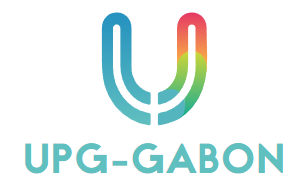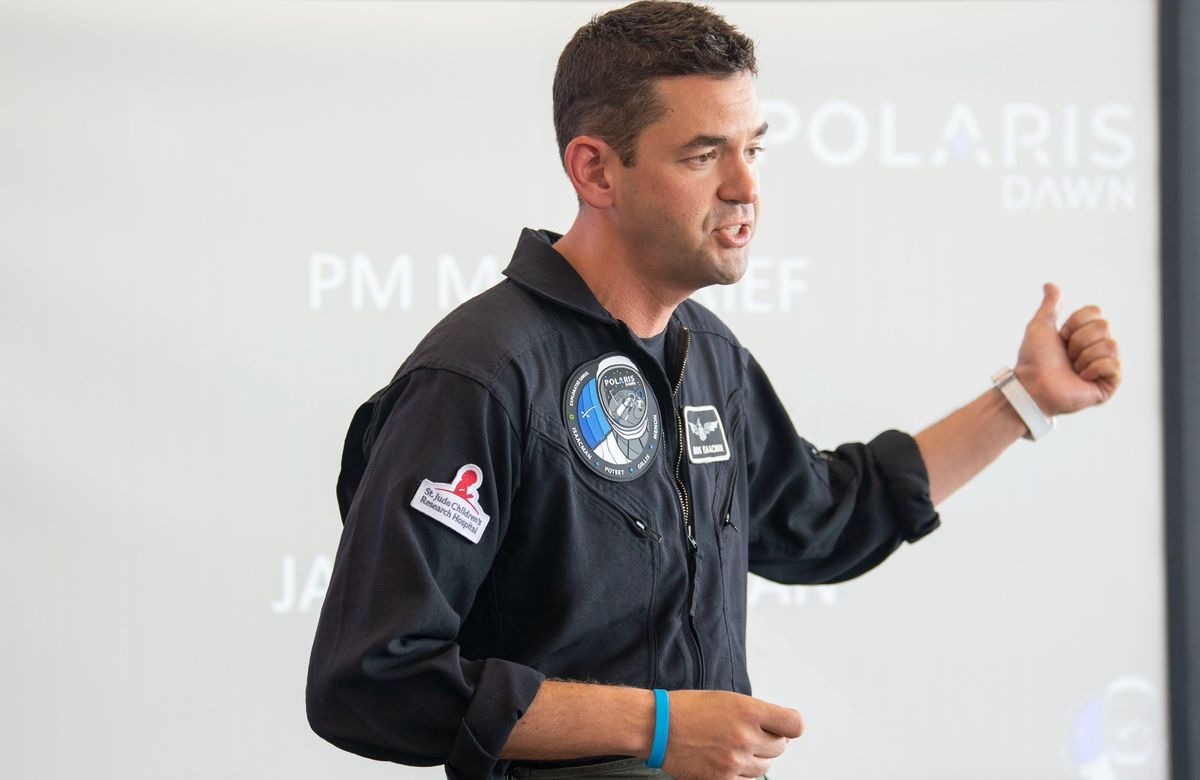
Why is this important?
Colon and rectal cancer rates have declined among older adults, making them more likely to receive colonoscopies that can catch cancers and early lesions called polyps.
But while millennials born in the 1990s have twice the risk of colon cancer and four times the risk of rectal cancer compared to those born in the 1950s, there are no young adults without a strong family history of colon cancer. Colonoscopy is eligible up to age 45.
Doctors can also miss warning signs. Because doctors are less likely to suspect malignancy in young adults, they may attribute symptoms such as rectal bleeding to a benign condition such as hemorrhoids rather than cancer, said Joshua Temp, a cancer epidemiologist at the University of California, San Diego. , and one of the paper's lead authors.
It can take an average of four to six months from the time younger people first go to a caregiver with a complaint of a symptom to receiving a diagnosis, the analysis found. Because diagnosis is often delayed, young adults have advanced disease that is difficult to treat.
« We need to facilitate early detection, and one way is to identify these red flags, » said Dr. Temp.
What we don't know
Factors responsible for the rise in colon and rectal cancers in younger people were not addressed in the new analysis, and are not well understood.
Colon cancer has long been associated with obesity, smoking, a sedentary lifestyle, heavy alcohol consumption and a diet rich in red meat, processed food and sugary drinks.
New research investigating the rapid increase in colon cancer in younger people is exploring other possible causes, including environmental exposures, changes in gut bacteria and the use of certain medications such as antibiotics.






